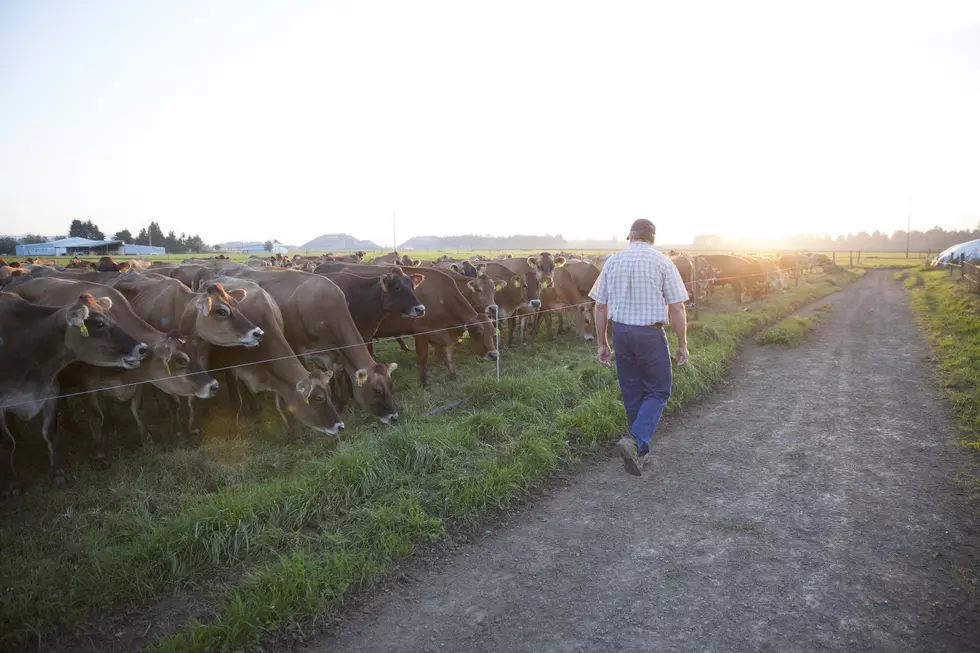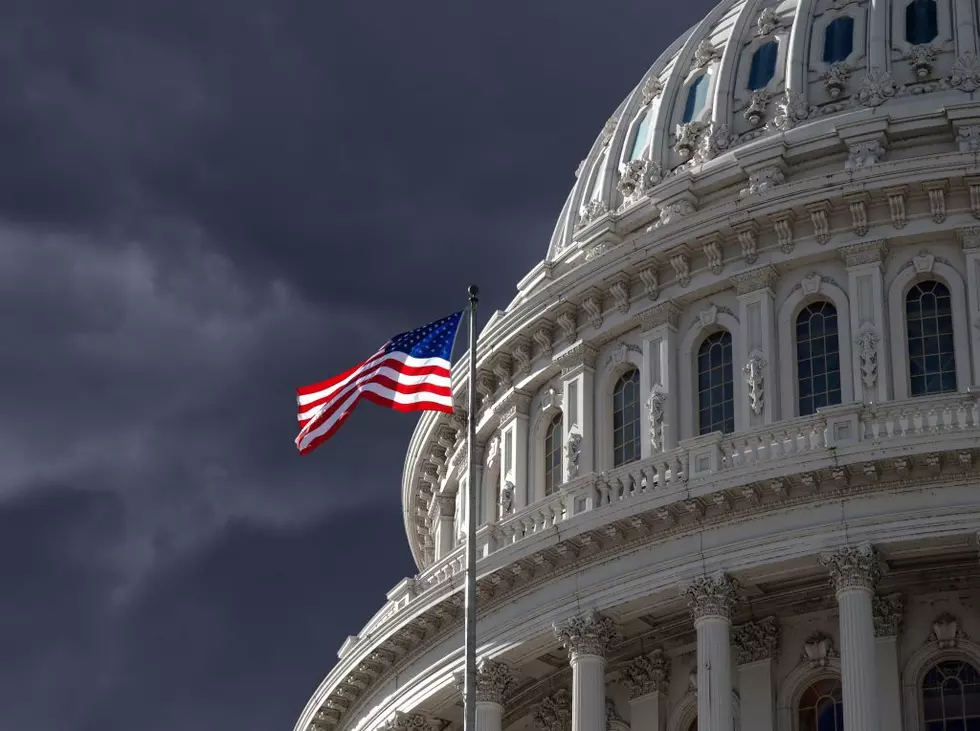
Farmers for Free Trade Director Outlines Goals for 2023
A USDA report on 2022 exports showed higher values and lower volumes last year. Brian Kuehl, executive director for Farmers for Free Trade, called the results a double-edged sword.
“The inflation has driven up commodity prices, and a lot of that's been driven by the war in Ukraine and by the supply chain disruptions coming out of the pandemic. So, the good news is we have been exporting more by value and, in some sectors, more by volume. But overall, I think the bind that farmers are in is that they're able to sell their product at a higher price, but their input costs have gone up so much.”
Looking ahead to the rest of 2023, he noted trade results may look a little different from last year.
“They are projecting for 2023 a trade deficit in food and ag. And it's not a huge trade deficit, but I think any trade deficit should be troubling for us. I mean, until 2019, the U.S. consistently ran trade surpluses, and now we're starting to see this pop-up, where we're running a trade deficit in food and ag. I think part of that is because we're not pushing to open new markets. Other countries are executing trade deals, and the U.S. is seeing its long-term position erode.”
Kuehl talked about some of the important priorities at Farmers for Free Trade in 2023.
“Number one, the administration's putting a lot of weight behind its Indo-Pacific Economic Framework, which is a framework for the Indo-Pacific area, where the focus is on things like corruption, non-tariff barriers to trade, and it has several important things embedded in it. We'd like to see that framework used to promote market access with the participants in that framework, so really address tariffs and look at enforceable provisions on phytosanitary standards.”
In addition to tuning up the framework, the organization has a couple of other big priorities for overseas trade.
“Number two is standalone free trade agreements. We think we could be doing a free trade agreement with the UK and Kenya, both of which were started under the Trump Administration, and so there's work that has been done. And number three is mini deals. It’s short of a full free-trade agreement. A mini-deal can address a commodity or a couple of commodities, and the Biden administration, to their credit, pushed for pork access to Vietnam as a good example. Let's do more of that. Let's look for opportunities where we can help our apple producers or almond growers or our pork or dairy. Let's look for places where we can crack open markets, even if it's short of a full free-trade agreement.”
Learn more by visiting Farmers for Free Trade's Website.
If you have a story idea for the PNW Ag Network, call (509) 547-9791, or e-mail glenn.vaagen@townsquaremedia.com
More From PNW Ag Network









